February 14, 2019: IRES Faculty Seminar with Dr. Nathan Bennett
IRES Seminar Series
Time: 12:30pm to 1:30pm (every Thursday)
Location: AERL Theatre (room 120), 2202 Main Mall
*********************************************************************************
Note: This seminar video will be available for viewing after the publication of Nathan’s paper. Stay tuned.
Using Perceptions as Evidence in Sustainability Science
Abstract:
Social scientists often use human perceptions in both qualitative and quantitative research on conservation, resource management, and sustainability. However, perceptions are also often dismissed as unreliable and anecdotal by those arguing for evidence-based decision-making. In this talk, I will define perceptions, discuss the strengths and limitations of using perceptions, explore how perceptions can be studied, and examine the types of insights that perceptions can provide to inform environmental decision-making and management. I will then draw on results from a recent survey of small-scale fishers in 11 marine protected areas from 6 countries in the northern Mediterranean Sea to show how perceptions of governance, social impacts, and ecological effectiveness are related to levels of support for conservation. In short, this talk will show that perceptions are an important form of social science evidence that can inform and improve decisions across different environmental policy realms.
Dr. Nathan Bennett
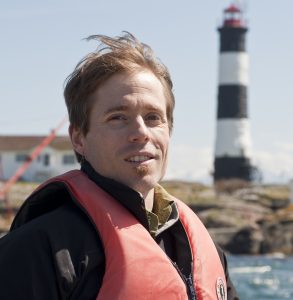
Research Associate, IOF
Bio:
Nathan Bennett is currently cross-appointed as a Research Associate with the OceanCanada Partnership at the University of British Columbia (Canada) and the Université Côte d’Azur (France).
As a broadly trained social scientist, he chooses to primarily focus on research projects that interrogate various aspects of the complex relationship between the marine environment and human society. He conducts research and publishes on such topics as social equity and governance in marine protected areas, responses of small-scale fishing communities to combined environmental and social change, indigenous perspectives on and approaches to conservation, the political dimensions of marine planning and ocean governance, coastal community access to marine resources and fisheries, the human dimensions of large-scale marine protected areas and the role of the social sciences in conservation. His work focuses on Canada, Thailand, Mexico, Europe, and the global oceans.
Prior to coming to UBC, Nathan Bennett graduated from the University of Victoria with a PhD in Geography from the University of Victoria in 2013, a MS in Environmental Studies from Lakehead University in 2009 and a BEd from the University of Victoria in 2002. His work has been supported by a SSHRC Doctoral Fellowship (2010-2013), a Trudeau Doctoral Scholarship (2010-2013), a SSHRC Postdoctoral Fellowship (2013-2015), a Fulbright Visiting Scholar Award (2015), a Banting Postdoctoral Fellowship (2015-2017), and a Liber Ero Postdoctoral Fellowship (2015-2017). He is also an active member of the Commission on Ecological, Economic and Social Policy (CEESP) and the World Commission on Protected Areas (WCPA) of the International Union for the Conservation of Nature (IUCN) and is also affiliated with the Center for Ocean Solutions (Stanford), the Community Conservation Research Network, and the Too Big To Ignore project.
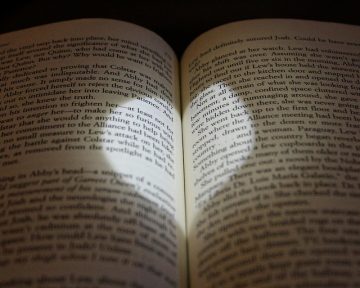
Photo Credit: Mahek Bhandal from flickr/ Creative Commons
February 7, 2019: IRES Faculty Seminar with Dr. Noella Gray
IRES Seminar Series
Time: 12:30pm to 1:30pm (every Thursday)
Location: AERL Theatre (room 120), 2202 Main Mall
*********************************************************************************
***CLICK HERE TO VIEW SEMINAR (starts at 4:00min)***
Producing Conservation Territories at Sea: Processes and Consequences at the Science-Policy Interface
Abstract:
Marine protected areas (MPAs) are playing an increasingly significant role in global ocean conservation governance. In just the past ten years, total ocean area under protected status has increased more than fivefold. Drawing on literature from political ecology, political geography, and Science and Technology Studies, this talk will examine how science and other kinds of knowledge are produced for, and integrated into, MPA policies. The talk will draw on research I have conducted together with collaborators and graduate students in Belize, Kiribati, and international policy venues, including the Convention on Biological Diversity. Collectively, these research projects demonstrate both the possibilities and limitations of various science-based approaches to MPA policy making, in terms of social outcomes and territorialization.
Dr. Noella Gray
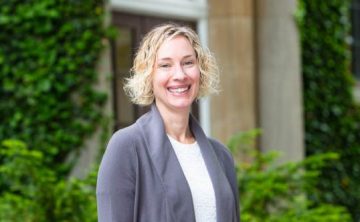
Noella Gray is an Associate Professor at the University of Guelph. Her research focuses on the political ecology of marine conservation, examining how marine conservation policies are produced, the role of various actors and knowledge systems in informing these policy processes, and the consequences of these policies. She has conducted research in Costa Rica, Belize, Kiribati, and international policy venues. She received her PhD from the Nicholas School of Environment at Duke University, a MA in Geography from the University of Western Ontario, and a BSc from McGill University.
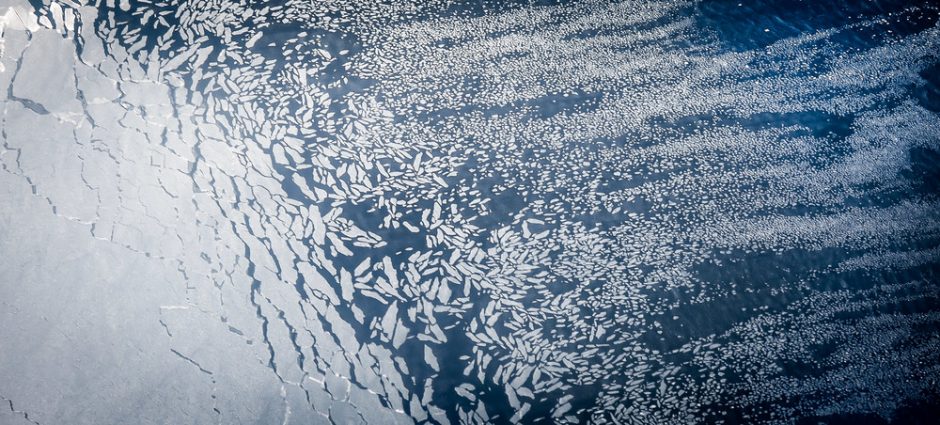
Photo Credit: Graham McDowell, IRES PhD Candidate
Leila Harris promoted to Full Professor
Congratulations to Dr. Leila Harris who has been promoted to Full Professor!
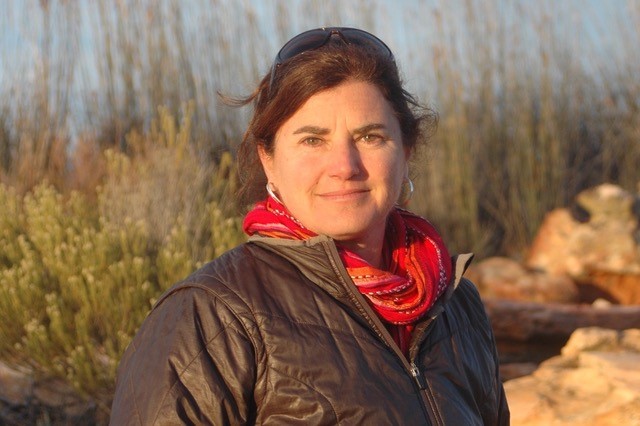
Dr. Leila Harris is a Full Professor at Institute on Resources Environment and Sustainability and in the Institute for Gender, Race, Sexuality and Social Justice at the University of British Columbia. She also serves as Co-Director for UBC’s Program on Water Governance (www.watergovernance.ca), is a member of the EDGES research collaborative (Environment and Development: Gender, Equity, and Sustainability Perspectives, www.edges.ubc.ca), and is an Associate of the Department of Geography. During the current year, she is a Wall Scholar in residence with the Peter Wall Institute for Advanced Studies at UBC. Dr. Harris’s work examines social, cultural, political-economic, institutional and equity dimensions of environmental and resource issues. Her research focuses on the intersection of environmental issues and inequality / social difference, water governance shifts (e.g. marketization, participatory governance), in addition to a range of water governance challenges important for the Canadian context (e.g. First Nations water governance). Current and recent projects include SSHRC funded projects on everyday access and governance of water in underserved areas of Cape Town, South Africa and Accra, Ghana., as well as a research effort focused on non-material dimensions of water insecurity. Dr. Harris also served as principal investigator for the SSHRC funded International WaTERS Research and Training Network focused on water governance, equity and resilience in the global South (www.international-waters.org).
For more on Dr. Harris’s current work and publications, see here.
UBC IRES Welcomes Dr. Claire Kremen!
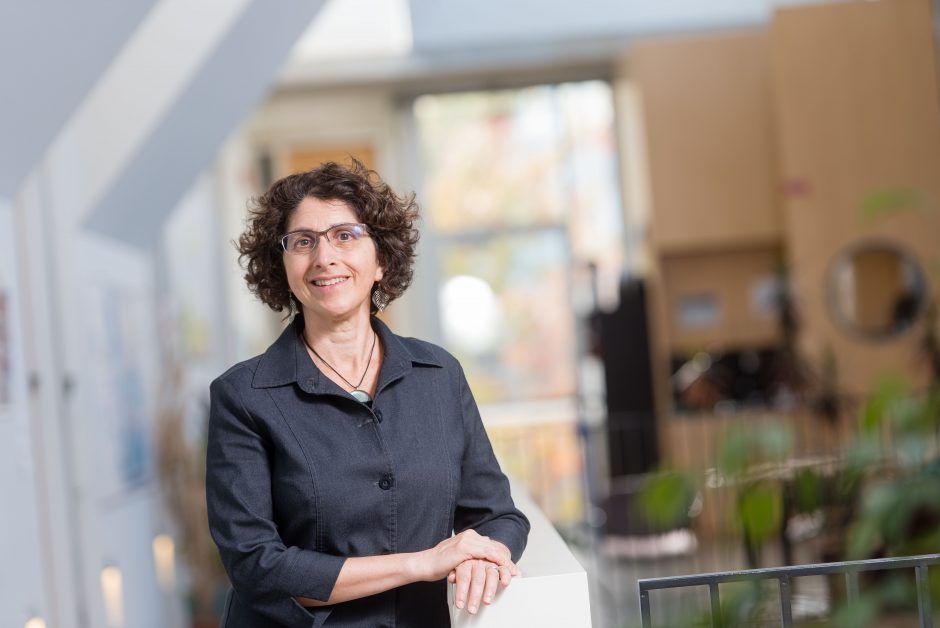
The UBC Institute for Resources, Environment and Sustainability (IRES) is delighted to welcome Dr. Claire Kremen who has joined as one of UBC’s first President’s Excellence Chairs.
Dr. Claire Kremen has commenced her appointment as the UBC President’s Excellence Chair in Biodiversity Studies. Joining the university as a Professor, Dr. Kremen holds a joint appointment in UBC’s Institute for Resources, Environment and Sustainability, and the Department of Zoology. She was previously a Professor in the Department of Environmental Sciences, Policy and Management at University of California, Berkeley, as well as Faculty Director of the Berkeley Food Institute.
As a conservation biologist, Dr. Kremen’s applied research advances the fields of ecology, biodiversity and agriculture, seeking mechanisms to prevent or reverse the loss of biodiversity – one of the greatest environmental challenges facing humanity in the 21st century. Dr. Kremen’s lab at UBC will investigate how to create sustainable landscapes that benefit both people and nature. She will also develop a new initiative in Conservation Science at UBC’s Biodiversity Research Centre that will promote new research on pressing conservation problems and provide a platform to train the next generation of conservation practitioners and leaders.
Dr. Kremen holds a Bachelor of Science (Honours) in Biological Sciences from Stanford University and a PhD in Zoology from Duke University, and her research has been published in highly-regarded journals such as Science, Proceedings of the National Academy of Sciences USA, Proceedings of the Royal Society of London – Series B, Ecology Letters and Conservation Biology.
January 31, 2019: IRES Faculty Seminar with Dr. Michelle Daigle
IRES Seminar Series
Time: 12:30pm to 1:30pm (every Thursday)
Location: AERL Theatre (room 120), 2202 Main Mall
*********************************************************************************
***This seminar was not recorded***
Environmental Violence as Colonial Violence: Embodied Geographies of Indigenous Consciousness & Resistance
Abstract:
In this presentation, I draw on Mushkegowuk (Cree) conceptualizations of environmental violence as state-sanctioned violence against Indigenous peoples in Canada. I situate my discussion in mining developments on Mushkegowuk lands-waters-bodies in Treaty 9 in northern Ontario, Canada. I am specifically interested in expanding on narrow land-based orientations of environmental violence to center the lived experiences of Indigenous peoples. In doing this, I trace the violent impacts of extraction in rural areas to state violence against Indigenous peoples in urban centers, such as in the city of Thunder Bay Ontario. I end by discussing Mushkegowuk responses to environmental violence that move beyond legal and diplomatic negotiations and policy change with the state.
Dr. Michelle Daigle
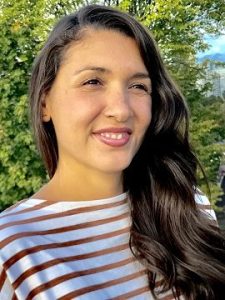
Assistant Professor, UBC Department of Geography
Bio:
Michelle Daigle is Mushkegowuk (Cree), a member of Constance Lake First Nation in Treaty 9 in northern Ontario Canada, and of French ancestry. She is an assistant professor in the Department of Geography at the University of British Columbia, located on the unceded and ancestral territories of the Musqueam nation. She is interested in bringing Geography into critical dialogue with Indigenous Studies to examine colonial capitalist dispossession and violence, as well as Indigenous movements and everyday practices of resistance, resurgence and self-determination. Her current research examines the embodied impacts of state-sanctioned environmental violence reproduced through mining extraction in Treaty 9.
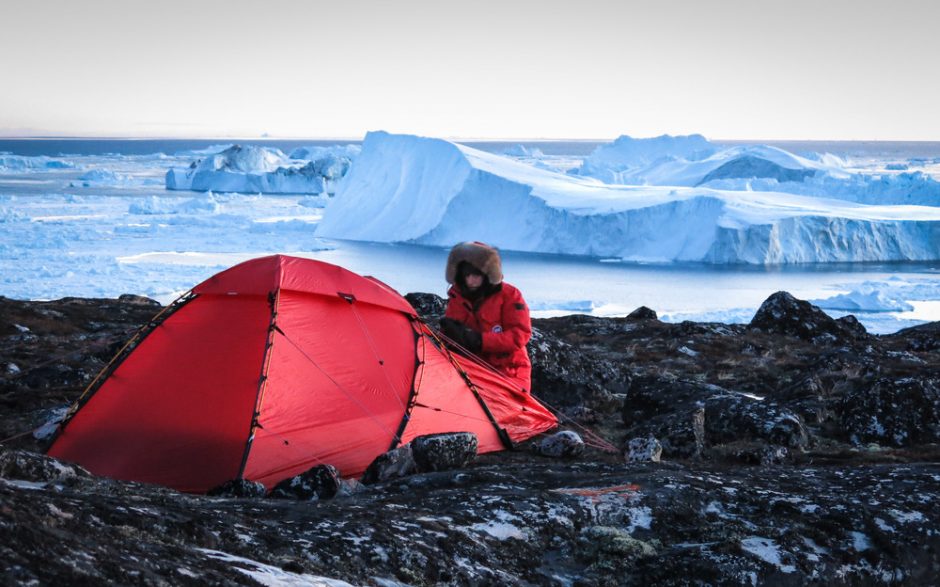
Photo Credit: Graham McDowell, IRES PhD Candidate
January 24, 2019: IRES Faculty Seminar with Dr. Margery Fee
IRES Seminar Series
Time: 12:30pm to 1:30pm (every Thursday)
Location: AERL Theatre (room 120), 2202 Main Mall
*********************************************************************************
***VIEW SEMINAR HERE (starts at 04:00min)***
“Polarizing Bears” and the Climate Change Debate
Abstract:
Polar bears became poster children for carbon reduction initiatives around 2006, when an animated polar bear failing to climb on a melting ice floe featured in Al Gore’s documentary, “An Inconvenient Truth.” Once icons of predatory ferocity, polar bears were promptly transformed into delicate victims. Scientists warned of their declining numbers. Greenpeace protestors in polar bear costumes marched to protest global warming. However, one influential voice managed to turn the polar bear into a platform for arguing against human-caused climate change. And many Inuit, who do not deny climate change, argue that polar bear numbers are increasing. Although it is clear that without Arctic ice, polar bears will not survive, their use as icons of global warming raises questions about colonial attitudes, climate activism, and the differences between Inuit attitudes to other-than-human animals and those of the mainstream.
Dr. Margery Fee
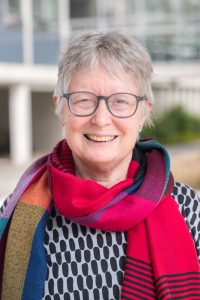
Bio:
Margery Fee is an Emeritus Professor of English at UBC. Her book on polar bears for Reaktion Press’s Animal series will appear this year. Her most recent other books are Literary Land Claims: The ‘Indian Land Question’ from Pontiac’s War to Attiwapiskatand, with Dory Nason, Tekahionwake: E. Pauline Johnson’s Writings on Native North America, both published in 2015.
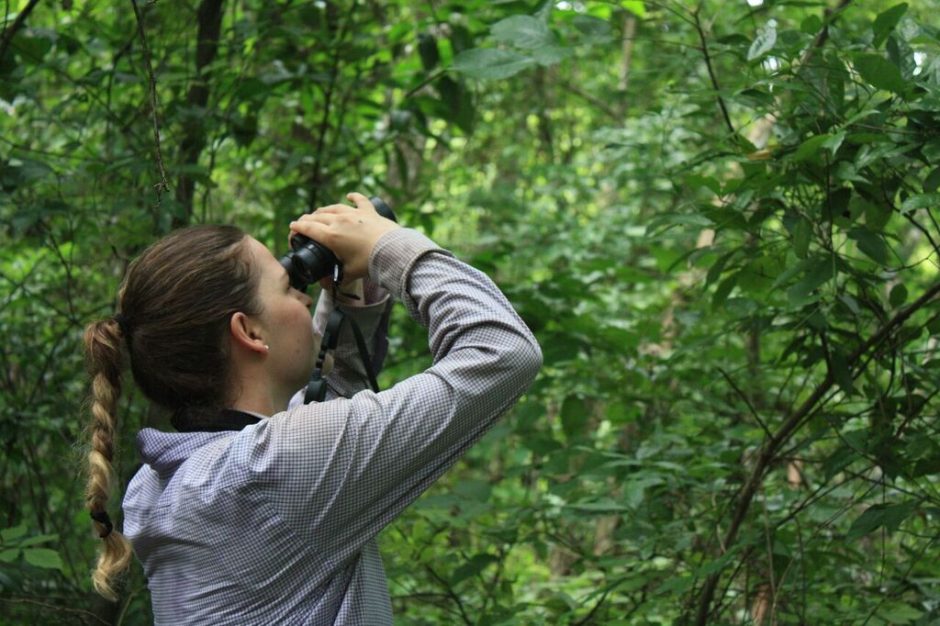
Photo Credit: Alejandra Echeverri, IRES PhD Candidate